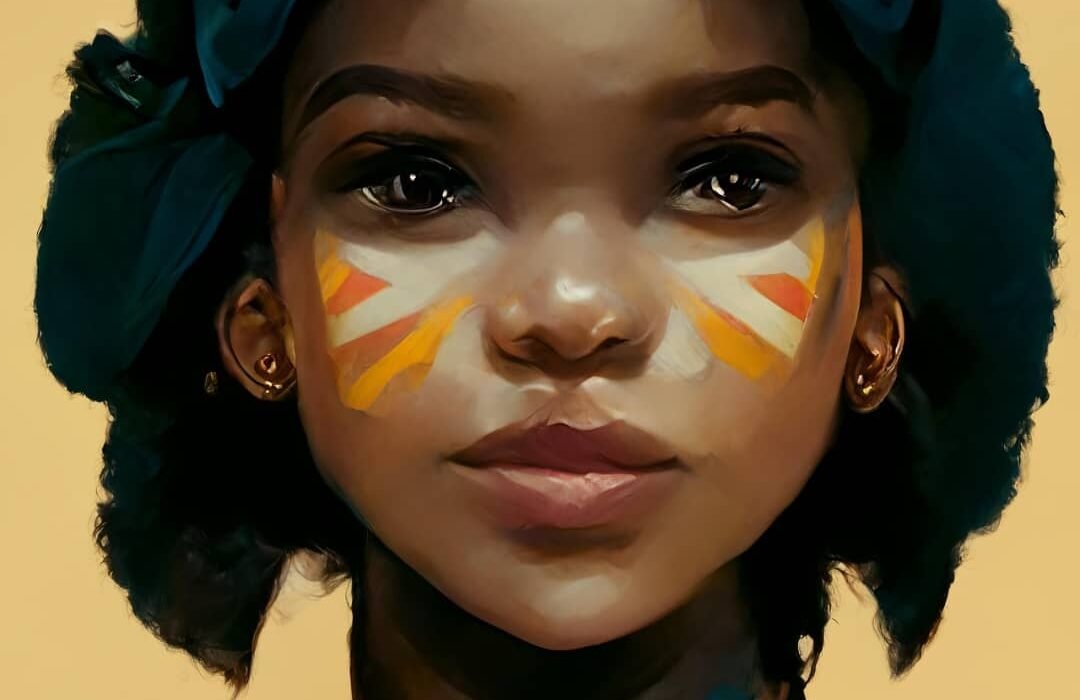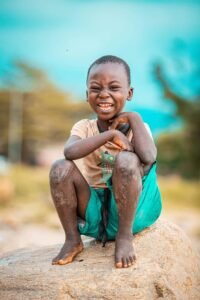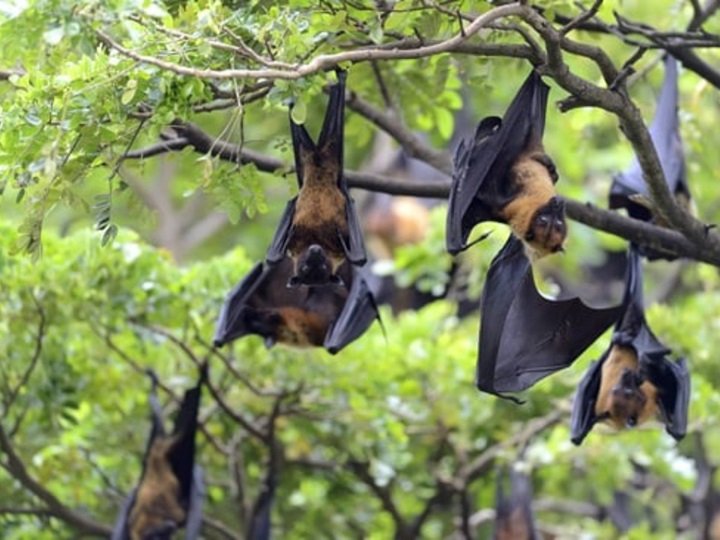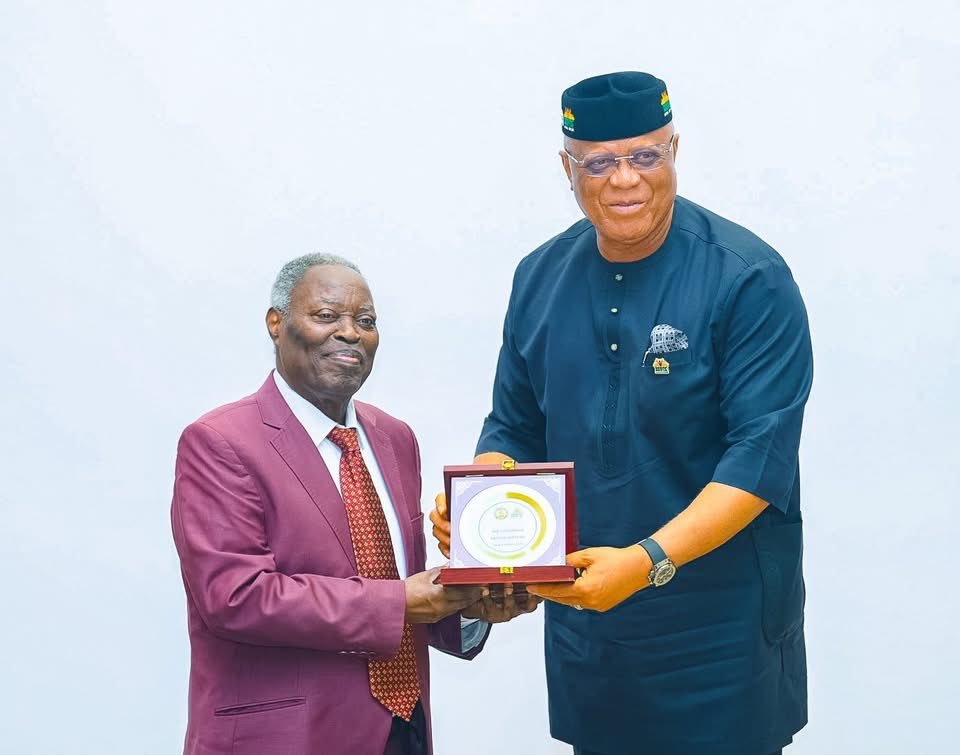THE AFRICAN CHILD: BEYOND SURVIVAL, TOWARD A FUTURE OF POWER AND PROMISE”

“The African child carries more than heritage — they carry the heartbeat of a continent becoming.”
Every June 16, the world pauses to remember — not just a past tragedy, but a present responsibility.
The Day of the African Child is a reminder that children across Africa are not only enduring hardship; they are shaping futures. They are not just surviving poverty or conflict — they are rising through it, with a spirit that refuses to be silenced.
This is the child whose life is a mosaic of culture, struggle, joy, and resilience.
Let us begin, not with data or
policy— but with a portrait:
A POEM FOR THE AFRICAN CHILD

Primitive and crude, people thought him to be,
but life to him is nothing but fascinating.
Going down the river with peers like a host are we,
fishing in groups with hook and line so thrilling!
Folk tales from mother so captivating,
when the moon lit up the night sky—
Aesthetic beauty, a splendour to behold during festivity.
Unending physical activities keep him healthy and balanced,
with a body as fit and strong as that of an acrobat.
Honesty and humility predominate his character.
Lo, vocational training in craft and art, so wide.
As initiation into various age groups with diverse activities.
Diet on herbs, for medication and sustenance to life.
Plants all around huts, devoid of vices and atrocities.
Like a great park the simple settlement seems to look,
bringing a radiant all-day smile to this African child,
filling his life with unending joy, pleasure, and beauty!
But poetry alone cannot shield children from injustice.
Behind these verses lies a deeper truth: millions of African children are still denied access to the very rights that could let them thrive.
This is why the Day of the African Child exists — to remind us that beauty, potential, and promise must be protected by policy, investment, and action.
A DAY ROOTED IN COURAGE

The Day of the African Child was born out of defiance and bloodshed. On June 16, 1976, thousands of Black schoolchildren in Soweto, South Africa marched against the inferior quality of education and the imposition of Afrikaans in schools.
Many were met with bullets instead of change.
Their courage lives on in this annual observance — a rallying call for justice, equality, and opportunity. Today, it is anchored by the African Charter on the Rights and Welfare of the Child, a continental commitment to ensure every child not only survives — but thrives.
UNICEF: RIGHTS ARE NOT ASPIRATIONS —
According to UNICEF, the Day of the African Child is not simply commemorative — it is strategic.
“This day is a platform to reflect on the progress made in ensuring children’s rights across Africa, and to spotlight where we are falling short.”
The African Charter outlines 48 specific rights — including education, healthcare, protection from abuse, cultural identity, and participation in civic life. But these rights must be lived realities, not just legal documents.
Every child has a right to:
- A safe environment
- Dignity and respect
- Opportunity to learn and grow
- Justice and voice
2025: TURNING BUDGETS INTO COMMITMENTS
This year’s theme — “Planning and Budgeting for Children’s Rights: Progress Since 2010” — could not be more timely.
In Nigeria, the message is urgent. Speaking through her media aide, Nigeria’s Minister of Women Affairs issued a stern wake-up call:
“Over 10.2 million children remain out of school. Nearly 44% of girls are married before 18. These are not abstract numbers — they are the futures we’re failing.”
She called for a shift from policy on paper to precision in budgeting, urging all stakeholders — from ministries to private partners — to see child development not as charity, but as national security and economic strategy.
“Every naira not invested in children leaves a void in our national destiny,” she said.
“Let us honour not just the memory of Soweto, but the promise of every Nigerian child.”
FROM REFLECTION TO REVOLUTION
The African child is not simply a symbol of vulnerability. They are a beacon of possibility.
They learn under mango trees, code in makeshift labs, recite poetry on street corners. They battle odds with unflinching hope. What they need is not pity — they need a platform.
And that platform begins with:
Real access to education
Zero tolerance for child marriage
Budgets that put children first
Communities that listen to youth voices
A media that elevates, not erases, their stories
A FUTURE WORTH BUILDING TOGETHER ?
So today, on June 16, let us move beyond commemoration and into collaboration.
Because the African child is not tomorrow’s hope — they are today’s heartbeat.
They are not just growing up in Africa — they are growing Africa.
“When we listen to children, we shape a Nigeria — and a continent — that is inclusive, just, and truly great.”
Let our words become policies. Let our policies become change.
And let the African child no longer be a subject of statistics, but the author of their own extraordinary story.
WHAT YOU CAN DO BEYOND JUNE 16
Support child-focused NGOs and education initiatives.
Hold leaders accountable for youth-focused budgets.
Listen to children — amplify their voices, not just their needs.
Because when we invest in children, we invest in Africa’s future — and our shared humanity.









